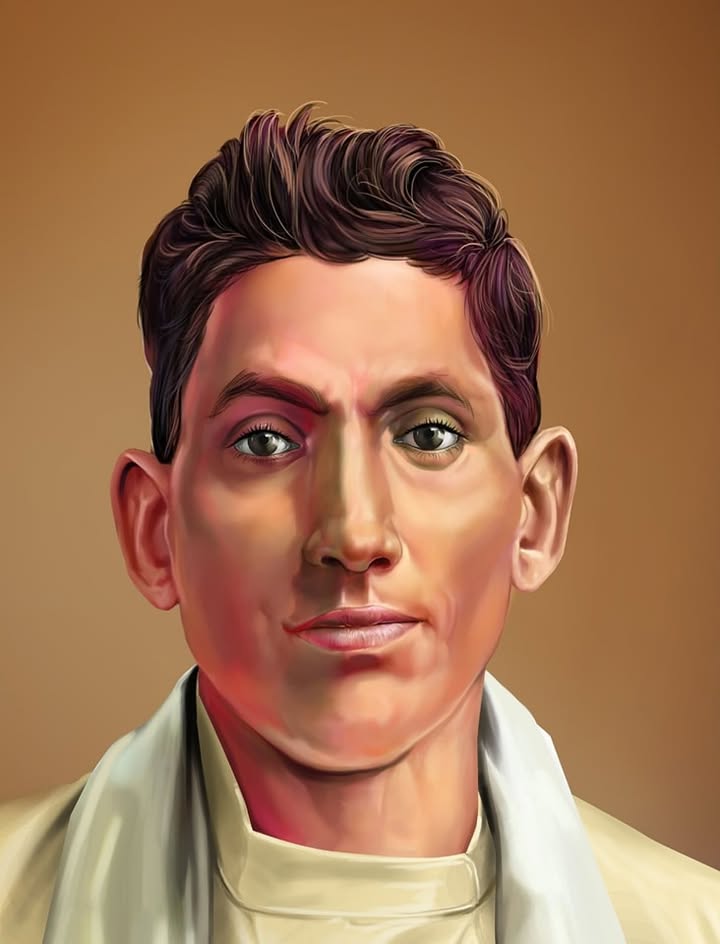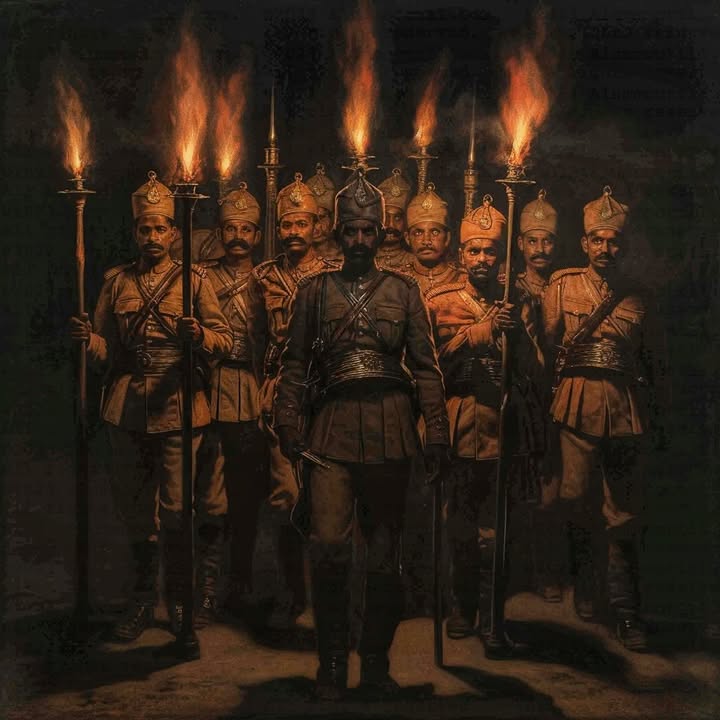T K Madhavan Key Reformer of Ezhava Renaissance
Written on December 13th, 2024 by Alummoottil Channar
ഇരുപതാം നൂറ്റാണ്ടിലെ ഈഴവ സമുദായ പരിഷ്കർത്താക്കളിൽ പ്രമുഖനായിരുന്നു ടി.കെ. മാധവൻ. പഠനകാലത്തേ തന്നെ ഉയർന്ന ബുദ്ധിശക്തിയും സംഘടനാ സാമർത്ഥ്യവും രാഷ്ട്രീയ ലക്ഷ്യവുമുണ്ടായിരുന്ന അദ്ദേഹത്തിന്റെ ശ്രമഫലമായി അന്ന് സമൂഹത്തിന്റെ താഴേക്കിടയിലുള്ള ഈഴവ സമൂഹം നവോത്ഥാനത്തിന്റെ പാതയിലേക്ക് വന്നു. പഠിക്കുന്ന കാലത്തേ മാധവൻ മികച്ച പ്രസംഗകനെന്ന് പേരെടുത്തിരുന്നു. അയിത്തം, തീണ്ടൽ എന്നീ അനാചാരങ്ങളും സാമൂഹിക ഉച്ച നീചത്വങ്ങളും നിലനിന്നിരുന്ന കാലഘട്ടത്തിലാണ് മാധവൻ സമൂഹ പരിഷ്കരണത്തിനിറങ്ങിയത്. 1914-ൽ ശ്രീ നാരായണഗുരുവുമായി പരിചയപ്പെട്ടു. ആരംഭകാലത്തിലെ പൊതു പ്രവർത്തനത്തിൽ അദ്ദേഹം ഊന്നൽ കൊടുത്തത് പൗരസമത്വവാദത്തിനായിരുന്നു. അദ്ദേഹത്തിന്റെ ജീവിതത്തിലെ വലിയ വഴിത്തിരിവായത് ശ്രിമൂലം പ്രജാ സഭയിൽ അംഗമാകാൻ കഴിഞ്ഞതാണ്. 1927-ൽ എസ്.എൻ.ഡി.പി യോഗം സെക്രട്ടറിയായി സംഘടന കെട്ടിപ്പടുക്കുന്നതിൽ മുഴുകി. ദേശാഭിമാനി പത്രം തുടങ്ങുകയും അധഃകൃതരുടെ അവകാശങ്ങൾ നേടാൻ പത്രം ഉപയോഗിക്കുകയും ചെയ്തു. വഴി നടക്കാനും സ്കൂളിൽ പഠിക്കാനും ക്ഷേത്രത്തിൽ ആരാധിക്കാനും എല്ലാവർക്കും അവകാശമുണ്ടെന്ന് ദേശാഭിമാനിയിലൂടെ വാദിച്ചു. കുമാരനാശാൻ ക്ഷേത്ര വീഥികളിൽ നടക്കാനുള്ള അവകാശം മാത്രമാണ് ചോദിച്ചതെങ്കിൽ ക്ഷേത്രത്തിൽ ശ്രീകോവിൽ വരെ പ്രവേശിക്കാനുള്ള അവകാശം നേടാനായിരുന്ന് മാധവന്റെ പോരാട്ടം. വൈക്കം, തിരുവാർപ്പ്, കണ്ണൻകുളങ്ങര എന്നീ സ്ഥലങ്ങളിലെ ക്ഷേത്രപ്രക്ഷോഭങ്ങളിൽ പങ്കെടുത്തു. വൈക്കം സത്യാഗ്രഹത്തിന്റെ മുഖ്യ സംഘാടകൻ അദ്ദേഹമായിരുന്നു.
T.K. Madhavan was a prominent reformer of the Ezhava community in the 20th century. From a young age, he displayed exceptional intelligence, organizational skills, and a strong sense of political purpose. His relentless efforts paved the way for the historically marginalized Ezhava community to embark on the path of renaissance and social reform. Even during his student years, Madhavan was recognized as an excellent orator. He began his journey as a social reformer during an era marked by the rigid practices of untouchability and caste discrimination. In 1914, he met the great spiritual leader Sree Narayana Guru, a moment that deeply influenced his outlook and mission. Early in his public life, Madhavan focused on advocating for equality and civil rights. A significant turning point in Madhavan’s life came when he was elected to the Sreemoolam Praja Sabha, the legislative assembly of Travancore. In 1927, he became the secretary of the S.N.D.P. (Sree Narayana Dharma Paripalana) Yogam and devoted himself to building and strengthening the organization. Madhavan also played a key role in founding the newspaper Desabhimani, which he used as a powerful platform to fight for the rights of the oppressed. Through the paper, he argued that everyone had the right to walk on public roads, study in schools, and worship in temples. While Kumaranashan fought for the right to walk along temple streets, T.K. Madhavan pushed further, demanding access to the sanctum sanctorum of temples. His activism extended to key temple-entry struggles in places like Vaikom, Thiruvaarppu, and Kannankulangara. He was a principal organizer of the Vaikom Satyagraha, a pivotal movement in the history of Kerala’s fight against caste-based discrimination and untouchability. Through his visionary leadership and unwavering commitment, T.K. Madhavan played a central role in Kerala’s social renaissance, leaving a lasting legacy of equality and justice.
